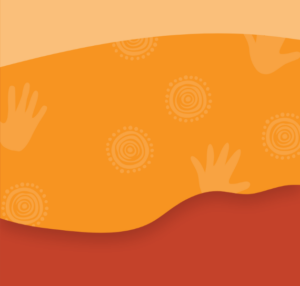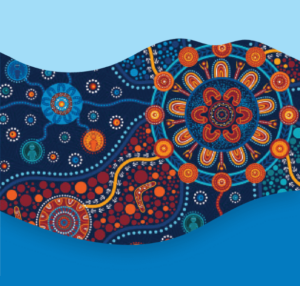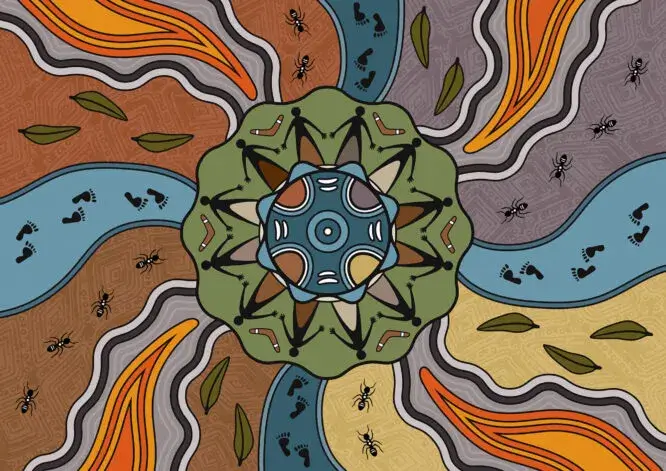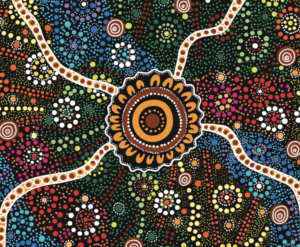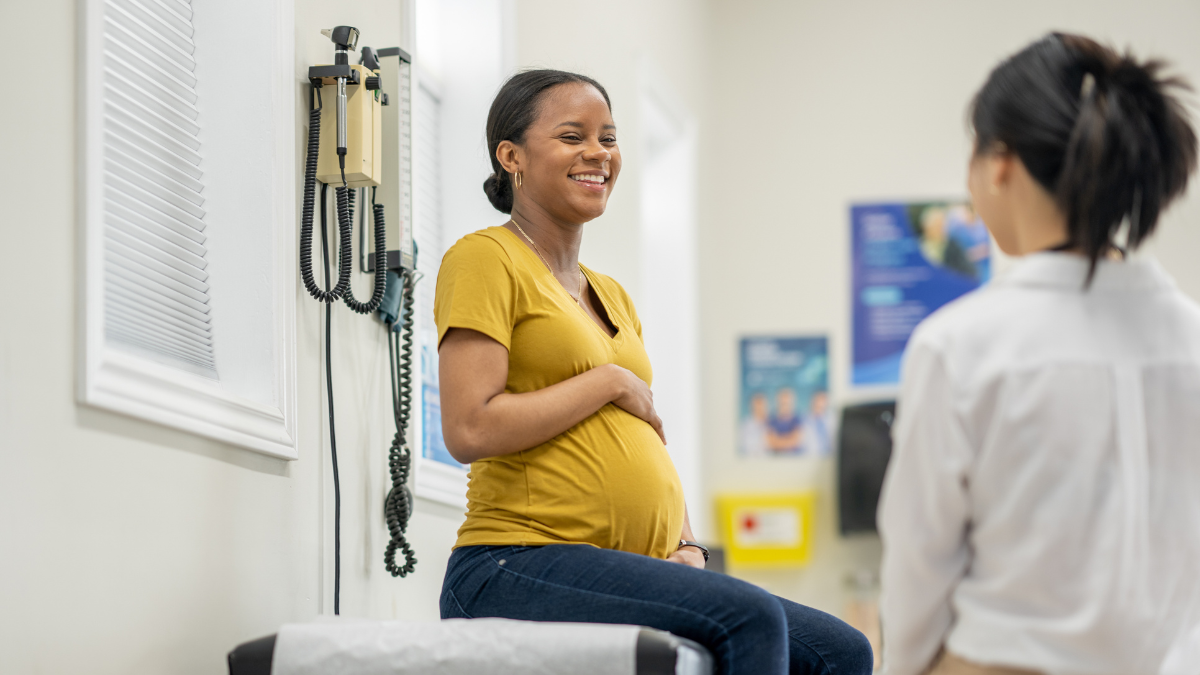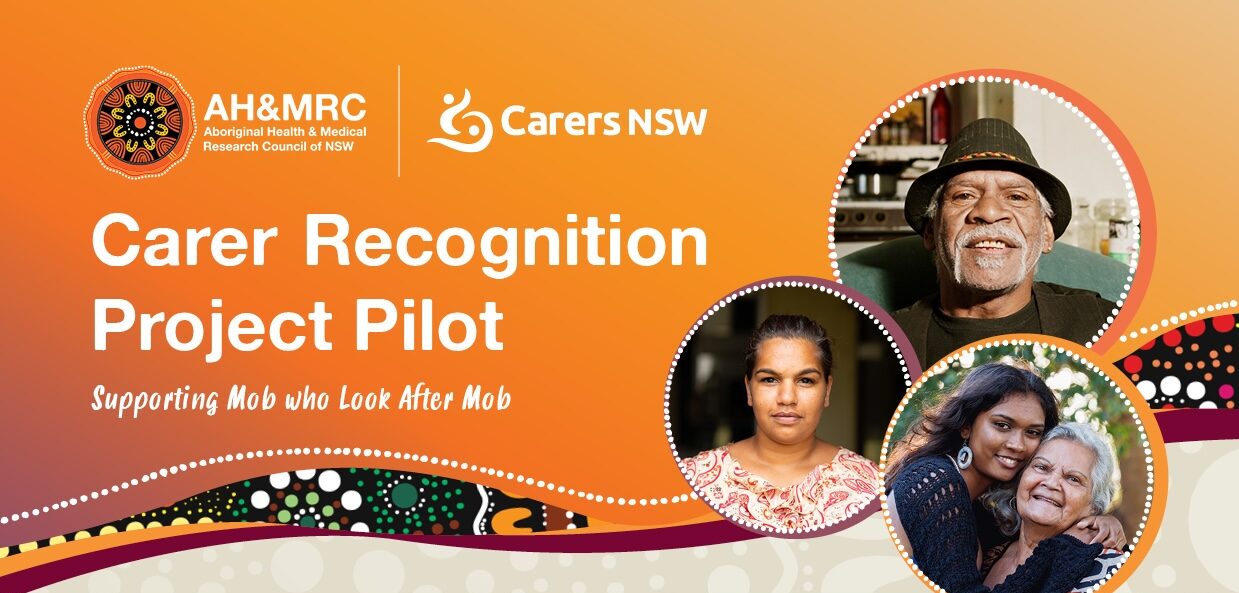Respiratory syncytial virus (RSV) is a common and highly contagious virus that can cause respiratory infections.
RSV infection most often occurs for the first time in infants and young children under two years of age, and this initial infection is typically more severe than those that occur later in life. The risk is especially high for babies under 6 months old, who are more likely to experience serious illness and require hospitalisation.
In Australia, Aboriginal and Torres Strait Islander children have twice the rate of RSV-associated hospitalisation as non-Indigenous children.
All pregnant women are strongly recommended to receive the maternal RSV vaccine, Abrysvo® (pronounced “uh-BREEZ-voh”), between 28 and 36 weeks of pregnancy. This free vaccine is part of routine antenatal care, alongside other recommended maternal vaccines for whooping cough and influenza.
After vaccination, the mother’s body produces antibodies against RSV, which are passed through the placenta to the unborn baby. These antibodies help protect the baby from severe RSV illness during the first 6 months of life—when they are most vulnerable and before their own immune system is fully developed
If the maternal RSV vaccine is given during pregnancy, most babies won’t need the infant RSV immunisation (nirsevimab, brand name Beyfortus), as they’re already protected by the antibodies passed from their mother. The infant dose is only recommended if the mother did not receive the vaccine during pregnancy.
For more information regarding the NSW RSV Prevention Program including factsheets and video – see NSW RSV Prevention Program – information to protect Aboriginal babies.
If you require assistance with accessing resources or vaccinations, please email: PublicHealth@ahmrc.org.au


